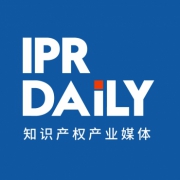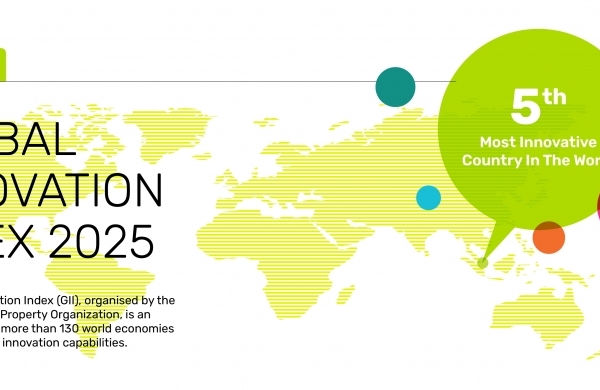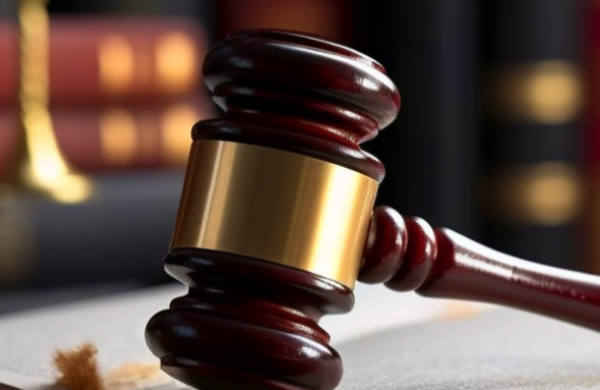Did not receive verification mail? Please confirm whether the mailbox is correct or not Re send mail

IPR Daily
- 2022-06-02 18:38:58
IP Bridge Wins 4G Patent Injunction Against Ford's German Subsidiary: Munich I Regional Court Announced Bench Ruling at End of Yesterday's Trial
In the second half of 2020, Daimler was slapped with four German standard-essential patent (SEP) injunctions with only 11 weeks between the first and the fourth. Three of them came down in Munich, and one in Mannheim. Quinn Emanuel--a firm that boasts a sky-high ratio of trial wins on its website--unsuccessfully represented Daimler in each of those cases.
Yesterday (Thursday, May 19), the Landgericht München I (Munich I Regional Court) entered the latest SEP injunction against a maker of connected cars. A few hours after the OPPO v. Nokia 5G trial I've already reported on, the same division of the court--the Seventh Civil Chamber under Presiding Judge Dr. Matthias Zigann (and again with Judge Dr. Hubertus Schacht as the rapporteur and Judge Kuttenkeuler as the second side judge)--resumed the proceedings in case no. 7 O 9572/21, Godo Kaisha IP Bridge 1 v. Ford-Werke GmbH. Japan's national patent licensing firm IP Bridge won a Germany-wide permanent (though appealable) injunction against the German subsidiary of Ford Motor Company over a patent found essential to the 4G (LTE) standard, EP2294737 on "control channel signalling for triggering the independent transmission of a channel quality indicator." The patent-in-suit was originally obtained by Japanese electronics maker Panasonic, which declared it essential to 4G. The same patent has previously been asserted against smartphone makers OPPO and HTC, and various other defendants.
As I'll mention again further below, the decision has ramifications beyond these two parties: the fact that Ford didn't make the Avanci patent pool a counteroffer was fatal to Ford's FRAND defense.
I saw the IP Bridge v. Ford case on a list of hearings and trials right outside Judge Zigann's courtroom (501, for those who've been to the Munich court and/or like the iconic Levi's jeans). I later asked the court what happened, and received a highly informative answer today.
The injunction came down as a bench ruling, with the full-length written decision expected to issue in the near term. Even if Ford appeals, IP Bridge can enforce by providing collateral (in the form of a bond or by depositing the amount on the bank account of the Local Court of Munich) to the amount of 226.935 million euros (approximately US$240 million). Ford could try to persuade the Oberlandesgericht München (Munich Higher Regional Court) to stay the injunction, but the hurdle for that is high: a defendant needs to persuade the appeals court of its likelihood of success on the merits. Failing that, Ford could ask the appeals court to increase the security amount, but $240 million is already a significant number.
Not only is Ford enjoined from making or selling infringing cars in Germany but it also has to recall infringing products from retailers and destroy infringing products (if IP Bridge elects to enforce those parts), and it owes IP Bridge an accounting of the infringing sales so as to enable IP Bridge to calculate a damages claim (liability is has been established, but the amount is yet to be determined).
While it may take a while before the full-length written judgment becomes available, Presiding Judge Dr. Zigann explained the underlying reasons at yesterday's announcement. I'm now going to summarize the court's explanations.
The Bundesgerichtshof (Federal Court of Justice) upheld this patent on January 18, 2022 (decision in German) on appeal from the Bundespatentgericht (Federal Patent Court). The appellees were two of the three nullity complainants (presumably, Daimler is the third one that dropped out, and the other two may very well have been Continental and TomTom). The Munich court relied on the claim construction adopted by the Federal Court of Justice in that case, which was consistent with the way the Oberlandesgericht Karlsruhe (Karlsruhe Higher Regional Court) interpreted the patent in a different case (case no. 6 U 104/18).
Not only did Ford and its intervenors raise new non-infringement arguments in Munich but they also claimed that the patent was exhausted under some agreement between Panasonic and an unnamed third party. However, like the Karlsruhe appeals court, the Munich I Regional Court concluded that the patent-in-suit does not fall within the scope of that agreement.
Ford's FRAND defense failed because the court deemed it an unwilling licensee (and denied that a "patent ambush" defense could be raised against a post-standardization owner of the patent). The court's decision to throw out Ford's FRAND defense appears to be based on more than one reason, but the one that was mentioned is that Ford failed to make Avanci a counteroffer. It is unclear whether IP Bridge also offered a bilateral license, but with this holding by the Munich court it apparently didn't even have to.
There isn't even the slightest sign of last year's German patent injunction "reform" having played any role. German car makers and some other organizations lobbied heavily for an amendment to Germany's patent law, but simply failed to achieve anything that would have moved the needle.
IP Bridge is represented in this action (and some--but not all-- of its other German patent cases) by Wildanger, arguably the German law firm with the strongest track record in enforcing SEPs (and a go-to firm for non-SEP assertions as well. The lawyers on yesterday's winning Wildanger team were Peter-Michael Weisse, Jasper Meyer zu Riemsloh, and Ole Dirks. Ford relied on Hogan Lovells. There are some intervenors, but I don't know exactly which suppliers made an attempt to support Ford. I do, however, recall a speaker from Continental discuss this case at a recent Frankfurt "Auto IP" conference.
Munich is arguably he world's #1 SEP enforcement hotspot, also when automakers are the defendants. Just this month, Dutch telecoms carrier KPN joined other Avanci licensors suing Ford in Munich. Ford is also defending in Delaware and the Eastern District of Texas. But in those other venues, it will take some time before we see any decision.
Source: fosspatents.com
Editor: IPR Daily-Rene
- I also said the two sentence
- Also you can enter 140words
 TOP IPR U.S. Lawyers 10 & Firms 10 Selection Officially Launched by IPR Daily
TOP IPR U.S. Lawyers 10 & Firms 10 Selection Officially Launched by IPR Daily WIPO Global Innovation Index 2025: China Enters Top 10
WIPO Global Innovation Index 2025: China Enters Top 10 Singapore ranks 5th in the 2025 Global Innovation Index; climbed two spots in Innovation Outputs
Singapore ranks 5th in the 2025 Global Innovation Index; climbed two spots in Innovation Outputs Federal Circuit lacks jurisdiction over award that doesn’t raise issue of patent law
Federal Circuit lacks jurisdiction over award that doesn’t raise issue of patent law


